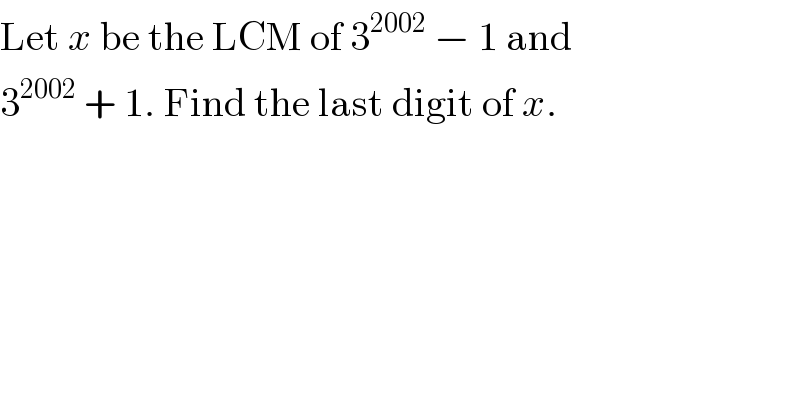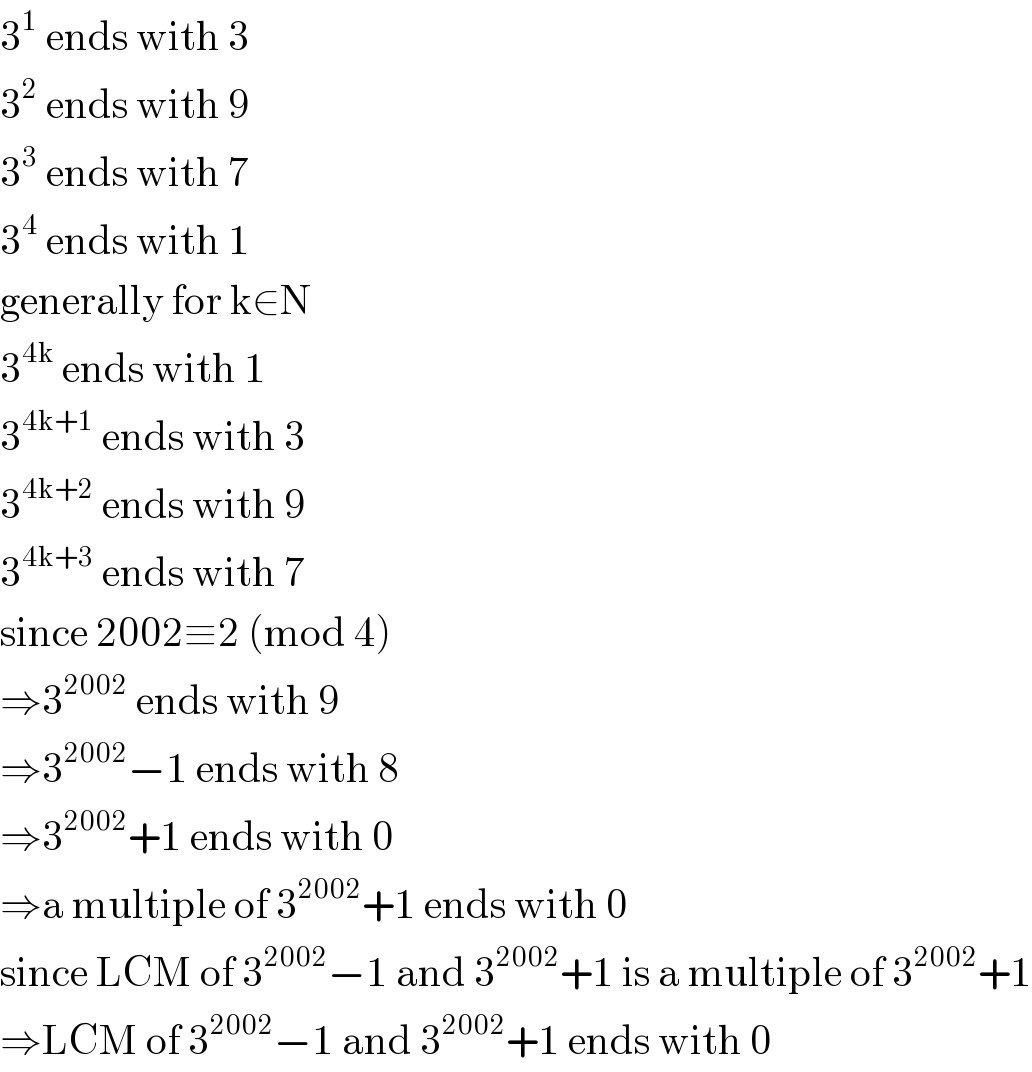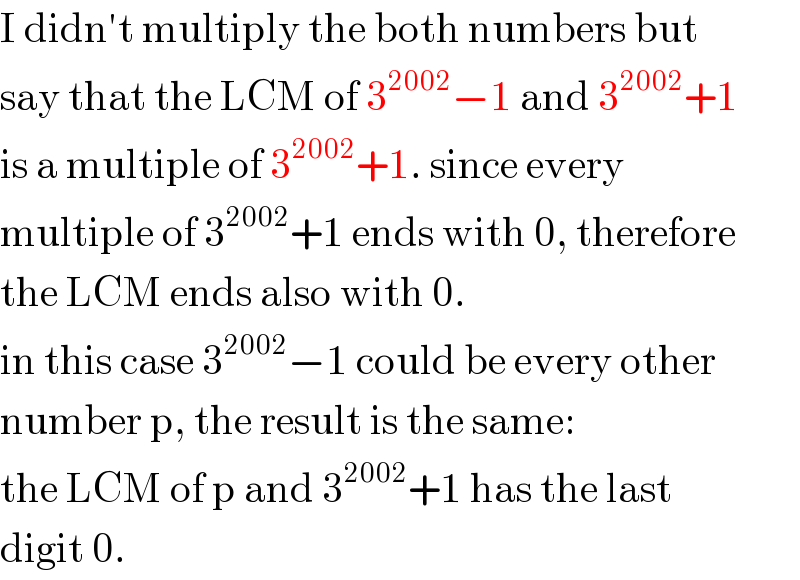
Question and Answers Forum
Question Number 18135 by Tinkutara last updated on 15/Jul/17

Commented by mrW1 last updated on 15/Jul/17

Commented by prakash jain last updated on 16/Jul/17

Commented by mrW1 last updated on 16/Jul/17

Commented by Tinkutara last updated on 16/Jul/17

Commented by Tinkutara last updated on 16/Jul/17

Commented by mrW1 last updated on 16/Jul/17

